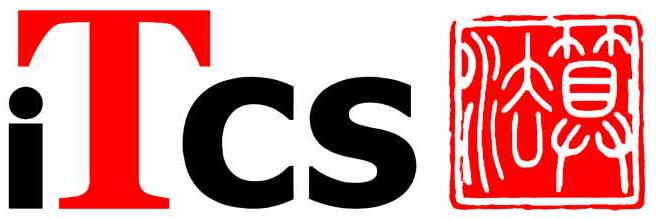ICS 2011
|
|
Welcome to ICS2011
Innovations in Computer Science - ICS 2011, Tsinghua University, Beijing, China, January 7-9, 2011. Proceedings, 509-521, 978-7-302-24517-9
Tsinghua University Press
Aggregation of entities is a widely observed phenomenon in economics, sociology, biology and otherfields. It is natural to ask how diverse and competitive entities can achieve high levels of aggregation. In order to answer this question we provide a game-theoretical model for aggregation. We consider natural classes of strategies for the individuals and show how this affects aggregation by studying the price of anarchy of the resulting game. Our analysis highlights the advantages of populations with diverse strategies (heterogeneous populations) over populations where all individuals share the same strategy (homogeneous populations). In particular, we prove that a simple heterogeneous population composed of leaders (individuals that tend to invest) and followers (individuals that look for short-term rewards) achieves asymptotically lower price of anarchy compared to any homogeneous population, no matter how elaborate its strategy is. This sets forth the question of how diversity affects the problem solving abilities of populations in general. We hope that our work will lead to further research in games with diverse populations and in a better understanding of aggregation games. Preview: 
|
Copyright 2010-2011, Institute for Computer Science, Tsinghua University, All Rights Reserved.


